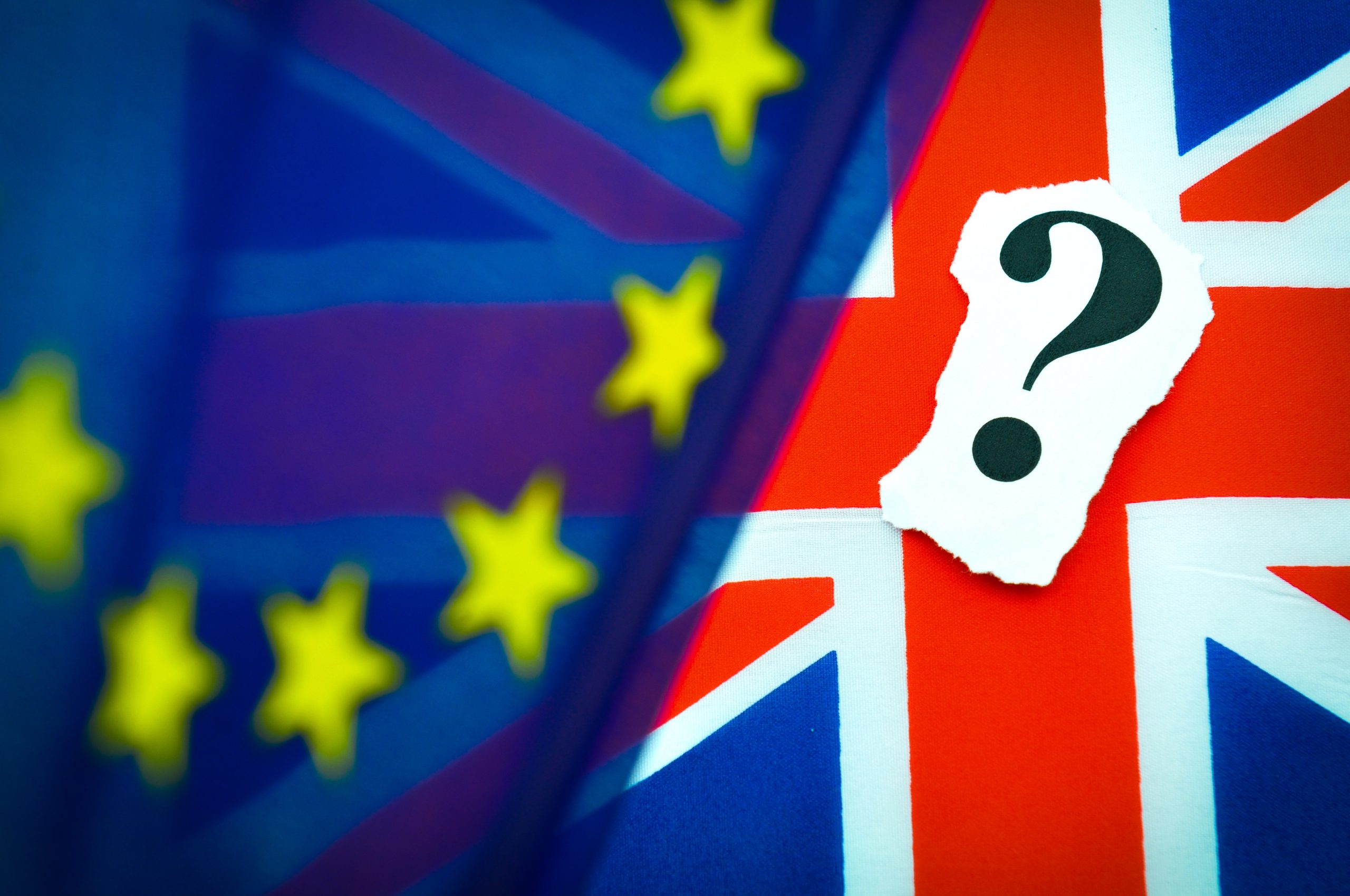
 Could Britain leaving the EU make the UK a less attractive study destination? According to two recent reports, the answer is yes.
Could Britain leaving the EU make the UK a less attractive study destination? According to two recent reports, the answer is yes.
As part of its annual International Study Survey this year, Hobsons EMEA included an EU-specific questionnaire ahead of the referendum. More than 10,000 foreign students were asked their views on Britain’s departure and 47% said Brexit would make the UK less attractive as a study destination. However, surprisingly, 17% said they would find the UK more attractive outside of the EU and around 35% suggested it would not change their opinion.
Naturally, students from Europe found the prospect of Britain’s departure more unfavourable than non-Europeans. 82% of prospective EU students said Brexit would damage Britain’s appeal, compared to 35% of non-EU students.
 If those results were applied to the student population of the UK as it currently stands, the survey suggests that Britain could be at risk of losing 113,116 students. This is a worst-case-scenario picture, but should this occur, the potential loss of international student fees could be up to £690 million.
If those results were applied to the student population of the UK as it currently stands, the survey suggests that Britain could be at risk of losing 113,116 students. This is a worst-case-scenario picture, but should this occur, the potential loss of international student fees could be up to £690 million.
The managing director of Hobsons EMEA, Jeremy Cooper, stated that the competitiveness of the higher education market coupled with UK universities’ reliance on EU students, means that any backlash against Brexit will present a significant problem for the industry.
Brexit may cost the UK more than just students
 It may not just be higher education institutions that suffer. A separate report from the Institute for Social and Economic Research (ISER) analysed the achievements of graduates, and found that students from EU countries were far more likely to achieve higher grades than their British counterparts. Without the assurance that the EU’s freedom of movement provides, they may be far less likely to choose a British university, and even if they do, working restrictions may mean that the UK loses the brightest graduates entering employment.
It may not just be higher education institutions that suffer. A separate report from the Institute for Social and Economic Research (ISER) analysed the achievements of graduates, and found that students from EU countries were far more likely to achieve higher grades than their British counterparts. Without the assurance that the EU’s freedom of movement provides, they may be far less likely to choose a British university, and even if they do, working restrictions may mean that the UK loses the brightest graduates entering employment.
Dr Renee Luthra, one of the study’s authors, argues that:
The European Union students at UK universities are clearly the best and the brightest in their class. They represent a significantly well-qualified group of graduate workers entering the UK workforce. This is especially true of undergraduates, as those EU students who study and remain in the UK to work are very high performing.
Uncertainty and instability are discouraging factors for students
 While there’s no way to guarantee what the international student reaction to Brexit would be, the uncertainty of the situation itself could cause significant discouragement. In a transitional period where no one is quite sure how their rights to domicile will be amended, new students may decide to forgo the uncertainty and settle on another EU country without the insecurity of a transitional UK.
While there’s no way to guarantee what the international student reaction to Brexit would be, the uncertainty of the situation itself could cause significant discouragement. In a transitional period where no one is quite sure how their rights to domicile will be amended, new students may decide to forgo the uncertainty and settle on another EU country without the insecurity of a transitional UK.
The higher education sector is generally behind Bremain
In general, the UK’s higher education community supports Britain’s membership of the EU. This is not only as a result of the large numbers of EU students attending British universities, but also the many university staff who hail from the continent; the funding received each year; and the ease with which researchers can collaborate with international institutions.
With less than a month to go, now is the time to join the conversation! Join the debate on Twitter.
Interested in how the EU is attracting international students? We’ve summed up how language is the key.



